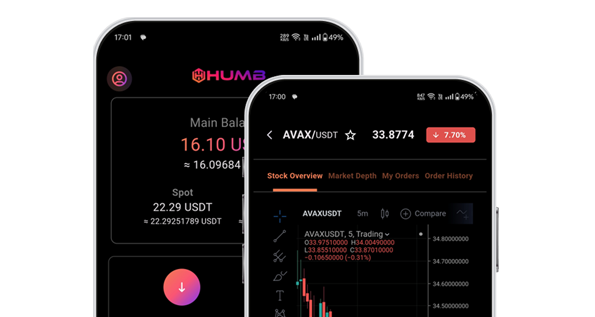From Lab to Ledger: Can Blockchain Accelerate Drug Approvals?
The journey of a drug from research laboratory to pharmacy shelf is a long, costly, and challenging process. Statistics show that it takes an average of 10-15 years and over $2.6 billion to bring a new drug to market. Only 12% of drugs entering clinical trials are ultimately approved for public use. Data from the Tufts Center for the Study of Drug Development highlights the need for significant reform in this process.
Blockchain technology has emerged as an innovation with the potential to transform the pharmaceutical industry, offering solutions to speed up drug development. With its ability to enhance transparency, traceability, and data integrity, blockchain could accelerate drug approval times while strengthening trust within the ecosystem. But can blockchain truly realize these promises?
Current Challenges in Drug Development
- Complex Regulatory Frameworks: The complicated and differing regulations across countries slow down drug development. For example, in India, clinical approval processes are often delayed by overlapping requirements. In the EU, varied regulations in different member states hinder the launch of therapies like Novartis’s Kymriah.
- Data Inequality: Limited efficient data sharing between researchers, CROs, and pharma companies causes delays and increased costs. The COVID-19 pandemic revealed how challenges in sharing pathogen data hampered global collaboration.
- Data Integrity and Fraud: Inaccurate, manipulated, or missing data can compromise research validity and pose risks to patients. The case of Dr. Scott Reuben’s large-scale research fraud is a stark example of this danger.
- Patient Recruitment and Retention: Difficulties in reaching recruitment targets can cause trial failures and add costs. About 80% of clinical trials fail to meet recruitment goals on time, with 55% ending early, resulting in losses of millions of dollars. Improving patient motivation and engagement is critical.
Blockchain: A Revolutionary Approach for Supply Chain and Drug Development
Blockchain offers a revolutionary approach to these issues. Its decentralized and immutable system ensures clinical data remains secure, accurate, and traceable. Key features include:
- Transparency and Security: Timestamped, tamper-proof data increases trust and simplifies audits.
- Smart Contracts: Automate workflows, approval processes, and fund releases once specific conditions are met.
- Tokenization: Incentives based on tokens can boost patient participation and stakeholder motivation.
- Interoperability: Integration with HL7 FHIR standards allows seamless data exchange with existing EHR systems.
Case Study
In 2021, Dutch startup Triall partnered with Mayo Clinic to link clinical trial records to blockchain, creating a verifiable audit trail that enhanced document management and could be scaled for wider use. This shows that blockchain can integrate with legacy systems without compromising security.
Challenges Remaining in Blockchain Adoption:
- Lack of trust from some regulators
- Compatibility issues with hospital EHR systems
- Large data volumes can slow system performance
- Concerns among large companies about transparency
Role of HUMB and Token Ecosystems
Platforms like HUMB support this vision by:
- Providing liquidity for research and clinical tokens
- Integrating decentralized applications (dApps) for trial management and patient engagement
- Using tokens to encourage participation and sustainable funding, especially in underfunded areas like rare diseases
Conclusion
Given the fragmented data and slow processes, the healthcare industry needs innovation to make breakthroughs faster. Blockchain has the potential to transform data management, improve transparency, and cut costs. Success depends on shifting collaboration paradigms among stakeholders, supportive regulations, and ongoing innovation.





